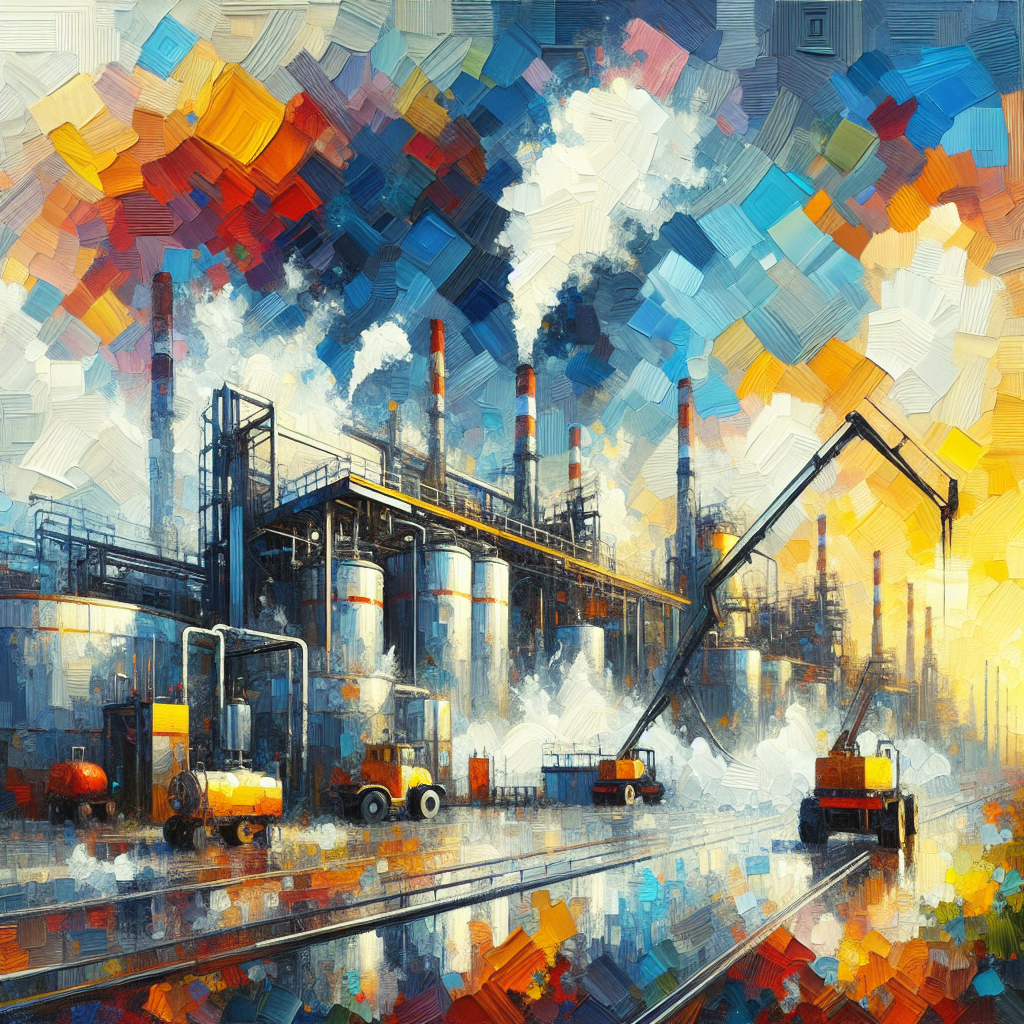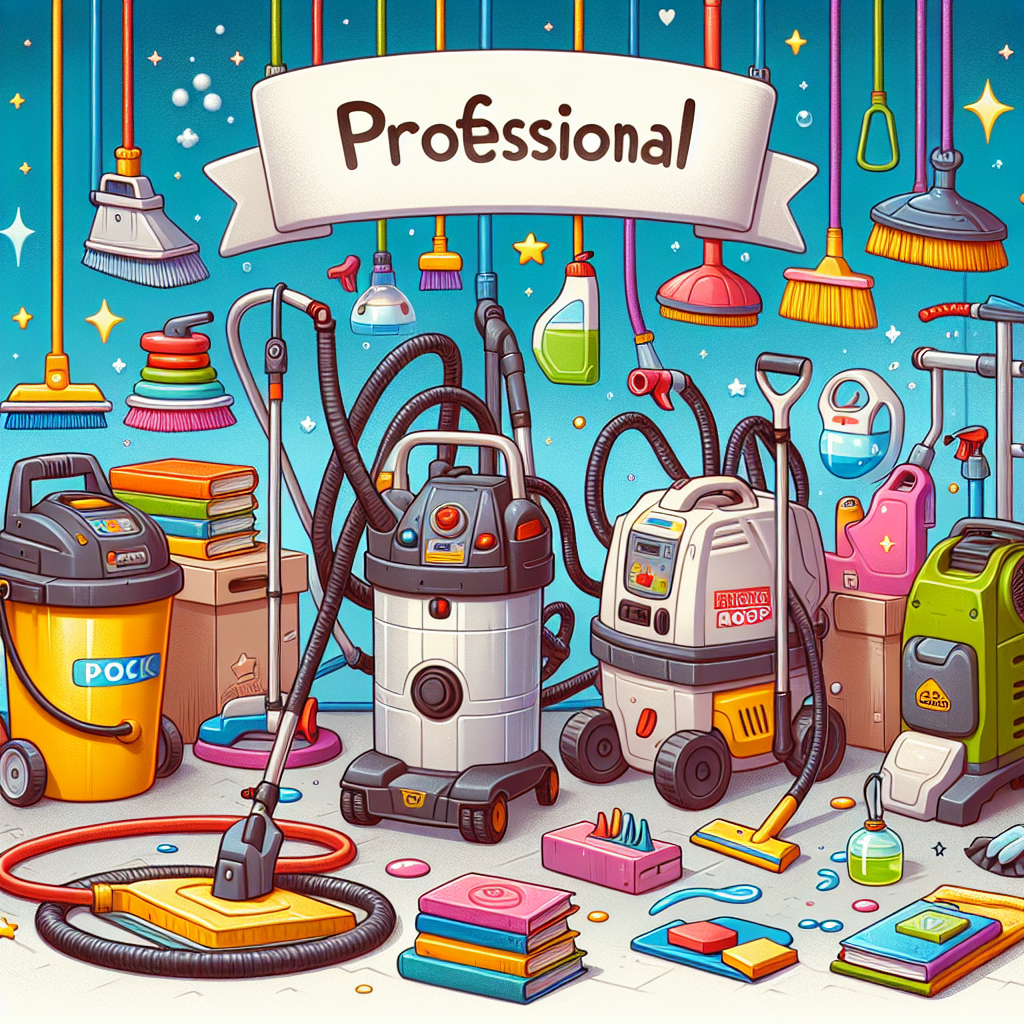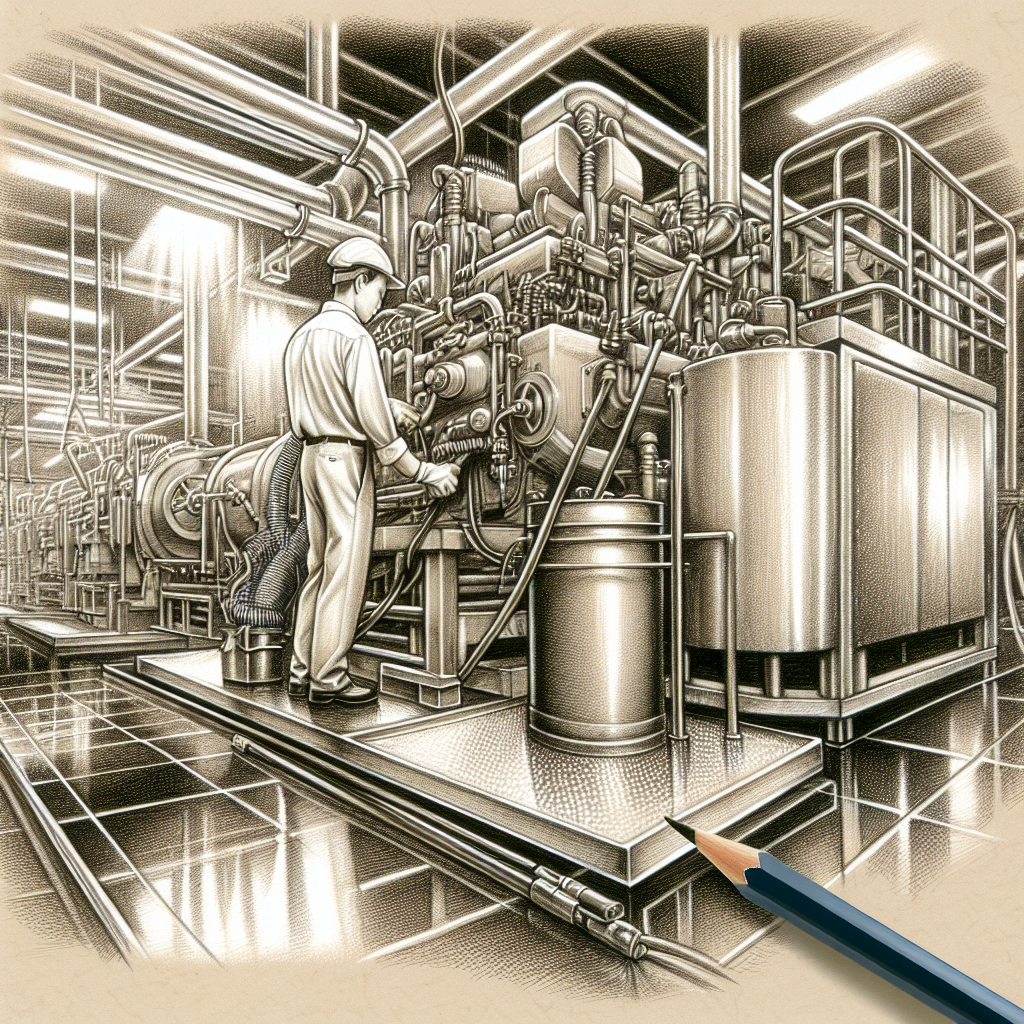Corrosion poses a significant challenge in industrial settings, leading to equipment damage, safety hazards, and financial losses. Preventing corrosion is crucial for maintaining a safe and efficient work environment. As a cleaning professional in industrial and manufacturing sectors, understanding the causes of corrosion and implementing effective prevention strategies is paramount.
Understanding Corrosion in Industrial Settings
Corrosion is a natural process that occurs when metal is exposed to environmental factors such as moisture, chemicals, and temperature fluctuations. In industrial settings, the risk of corrosion is heightened due to the presence of corrosive substances and harsh operating conditions.
Key Strategies for Preventing Corrosion
- Regular Cleaning and Maintenance: Keeping industrial equipment clean and well-maintained is essential for preventing corrosion. Dirt, grime, and chemical residues can accelerate the corrosion process.
- Protective Coatings: Applying protective coatings such as paint, varnish, or specialized corrosion inhibitors can create a barrier between metal surfaces and corrosive agents.
- Humidity Control: Controlling humidity levels in industrial facilities can help reduce the moisture content in the air, minimizing the risk of corrosion.
- Proper Storage: Storing metal equipment and materials in dry, well-ventilated areas can prevent exposure to moisture and corrosive chemicals.
Importance of Routine Inspections
Routine inspections play a critical role in corrosion prevention. By regularly inspecting industrial equipment for signs of corrosion or damage, cleaning professionals can address issues promptly and prevent costly repairs or replacements.Implementing Corrosion Prevention Programs
Developing and implementing comprehensive corrosion prevention programs can help industrial facilities mitigate the risk of corrosion effectively. These programs should encompass cleaning protocols, maintenance schedules, and employee training on corrosion prevention best practices.
Utilizing Corrosion-Resistant Materials
- Using corrosion-resistant materials for equipment and structures can significantly prolong their lifespan and reduce the likelihood of corrosion-related issues.
- Stainless steel, aluminum, and specialized alloys are examples of materials known for their corrosion resistance properties.
Pro Tip: When selecting cleaning products for industrial equipment, choose non-corrosive cleaners that are compatible with the materials being cleaned.
Educating Employees on Corrosion Prevention
Providing training to employees on the importance of corrosion prevention and the proper cleaning techniques for different materials can empower them to contribute to a corrosion-free work environment.
Monitoring and Evaluation
- Regularly monitoring the effectiveness of corrosion prevention measures and conducting evaluations can help identify areas for improvement and ensure ongoing protection against corrosion.
In conclusion, preventing corrosion in industrial settings requires a proactive approach that includes regular cleaning, maintenance, inspections, and the use of corrosion-resistant materials. By implementing effective corrosion prevention strategies, cleaning professionals can safeguard industrial equipment, promote workplace safety, and optimize operational efficiency.



